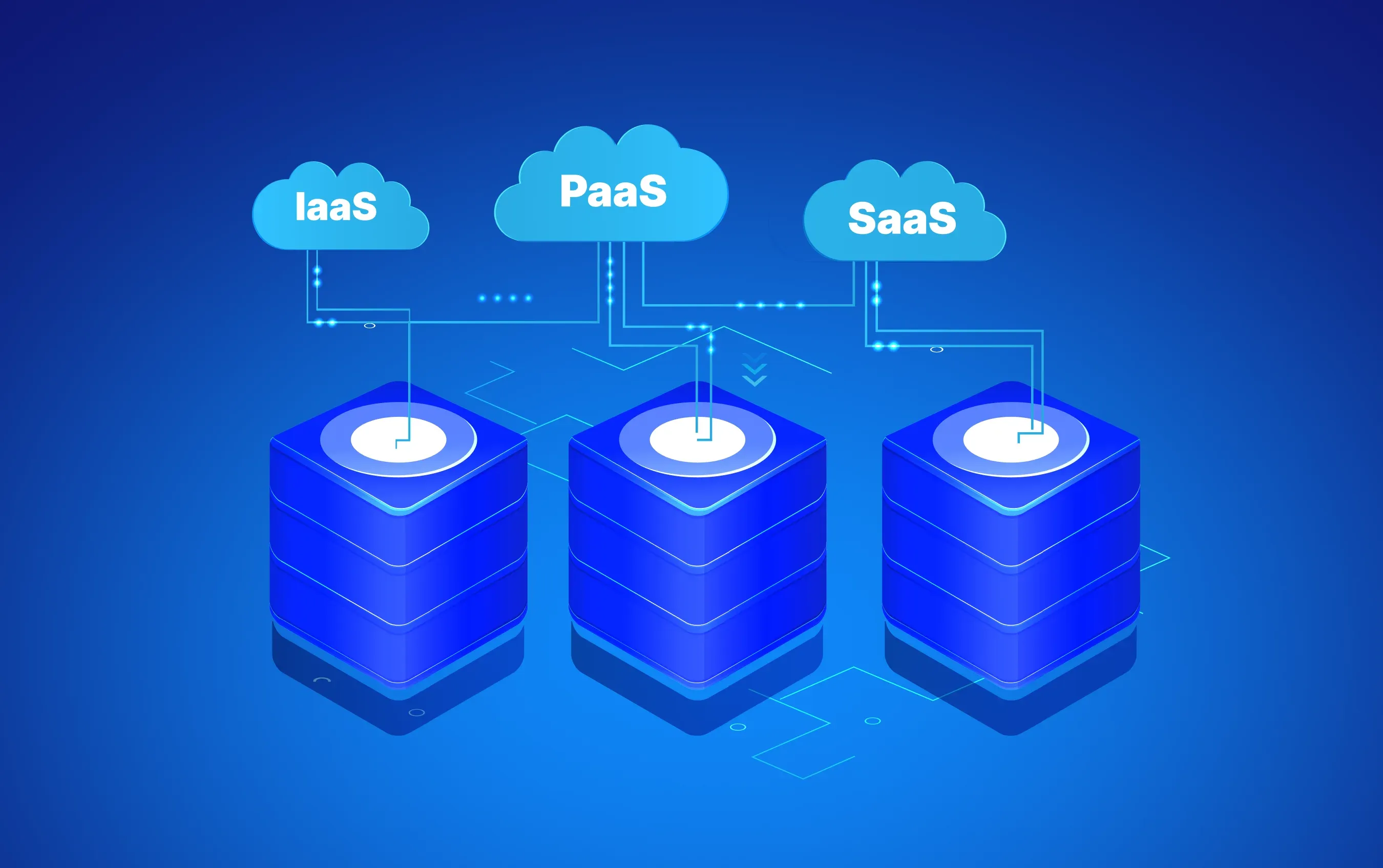In this Article

AI in Fintech enables 24/7 customer support with chatbots and virtual assistants that handle routine inquiries and provide personalized support and advice, ensuring the best customer experiences.
No, AI is best at automating tasks and data analysis but doesn't have creative thinking, strategic decisions, and ethical considerations.
Key challenges include maintaining data quality, adapting to changing regulations, and integrating AI with existing systems, all of which require careful planning and execution.
AI constantly monitors transactions for unusual patterns and alerts teams before issues escalate, ensuring faster prevention and maintaining customer trust and satisfaction.
Good data leads to the best insights. Poor data quality compromises AI's effectiveness and the quality of its outputs.
Next insight





